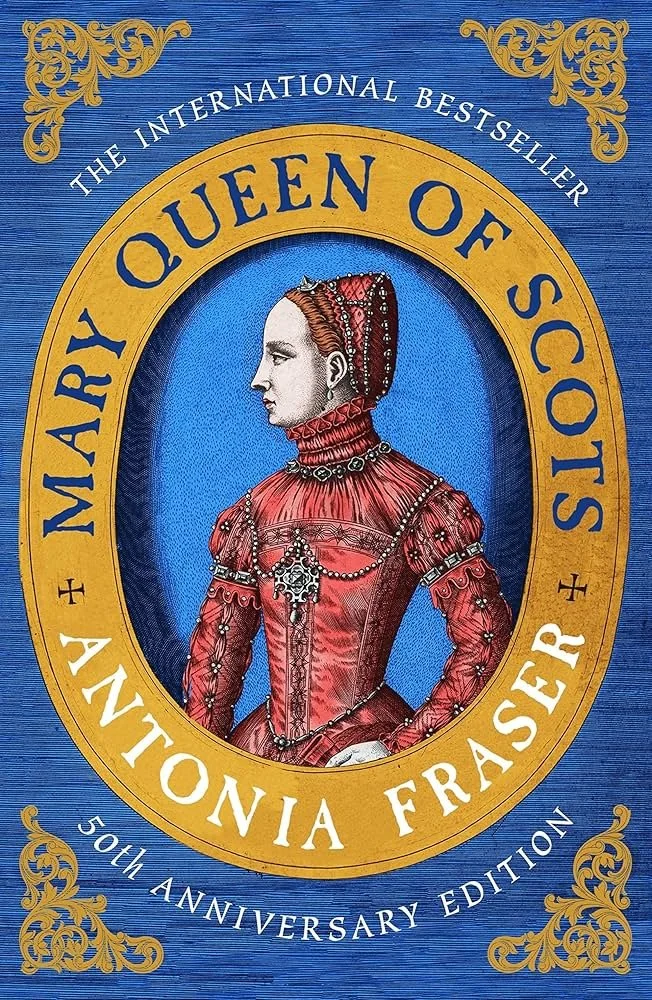Reading Corner
Poet of the Month: Wole Soyinka
Well-cited for poems such as “Telephone Conversation,” Wole Soyinka, the 1986 Nigerian Nobel Laureate, was the first African honoured in Literature by the Swedish Academy. The actively political poet partook in Nigeria’s struggle for independence from the UK, and endured two years of solitary confinement during the 1967 Civil War for his advocacy for democracy. Often touted as a representative of the “new literature” from former British colonies, Soyinka’s acclaimed style encompasses both satirical and serious intents, and in addition to poetry he also writes plays and novels.
Fiction: Fantasia, An Algerian Cavalcade by Assia Djebar
This monumental work is more than a novel—it’s an autobiography, it’s a history, it’s a deeply personal journey through time to find one’s identity. Set in two worlds, Algeria during its colonization and its later decolonization, the novel examines the role of women and religion at the crossroads of two societies. Djebar uses a postmodern style to seamlessly weave her own autobiography together with the stories of women who lived in each respective era. This is the first book in Djebar’s Algerian Quartet.
Non-Fiction: Mary Queen of Scots by Antonia Fraser
With academically rigorous research as well as literary beauty, this biography of one of the most romanticized figures of British history is as much informative as it is enjoyable. Antonia Fraser manages to illustrate the complexity of the Scottish court with so much clarity that no background knowledge is needed, and defies the oversimplification of dominant narratives to show Mary Stuart as a Scot, a woman, and a queen. For those interested in the study of history, this book also offers fascinating insight into the meticulous work process of a scholar.
Drama: No Exit by Jean-Paul Sartre
A classic of existentialism, this 1944 one-act play coined the phrase “Hell is other people.” Set in an afterlife where three characters, judged to be damned, are locked together for eternity, Sartre explores existential subjects such as ontology, individual autonomy, and looking at oneself as an object. Apart from its philosophical and theological significance, No Exit is acclaimed for its mastery of “show-not-tell” and its engaging dialogue, exposing the full range of human banality on stage.


